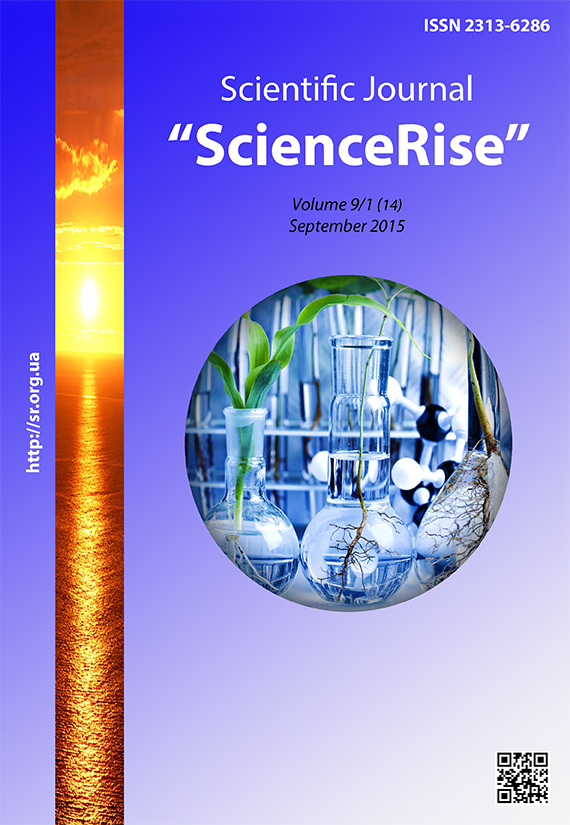State and global problems in ukrainian science fiction (based on the novel of m. Rudenko «the son of the sun – phaeton»)
DOI:
https://doi.org/10.15587/2313-8416.2015.49154Keywords:
globalization, democracies, ecology, science fiction novel, totalitarianism, nuclear energy, nuclear weaponsAbstract
In the article it is revealed the immensity of ideas that included by the author in the science fiction novel: threats and the possible consequences of the use of nuclear energy and nuclear weapons and criticism of the totalitarian state system. It is proved the relevance of the novel, which points to a possible way forward for Ukraine and the international community in the era of globalization
References
Vivat, H. (2012). Semantyka chysloobraziv u khudozhn'omu prostori Mykoly Rudenka. Dyvoslovo, 1, 51–54.
Vlasenko, I. (2006). Zhyttya za «Formuloyu Boha». Kyiv, 3, 157–166.
Talalay, L. (2003). Muza Mykoly Rudenka. Berezil', 7–8, 164–178.
Shevchuk, V. (2000). Arkhitektonika vsesvitu za Mykoloyu Rudenkom. Dnipro, 11–12, 81–85.
Rudenko, M. (2013). Najbil'she dyvo – zhyttia. Spohady. Kyiv: KLIO, 696.
Hakova, V. (Ed.) (1995). Entsyklopedyia fantastyky: Okolo 1300 statej. Mynsk: Halaksys, 694.
Hundorova, T. (2005). Pisliachornobyl's'ka biblioteka. Ukrains'kyj literaturnyj posmodern: Naukove vydannia. Kyiv: Krytyka, 263.
Rudenko, M. (2009). Syn Sontsia – Faeton: nauko-fantast. roman. Kyiv: Yaroslaviv Val, 240.
Husiev, O. P. (2011). 25 rokiv vich-na-vich z «Chornobylem». Kyiv: Zoloti vorota, 624.
Downloads
Published
Issue
Section
License
Copyright (c) 2015 Юлія Володимирівна Логвиненко, Володимир Олексійович Мазуренко

This work is licensed under a Creative Commons Attribution 4.0 International License.
Our journal abides by the Creative Commons CC BY copyright rights and permissions for open access journals.
Authors, who are published in this journal, agree to the following conditions:
1. The authors reserve the right to authorship of the work and pass the first publication right of this work to the journal under the terms of a Creative Commons CC BY, which allows others to freely distribute the published research with the obligatory reference to the authors of the original work and the first publication of the work in this journal.
2. The authors have the right to conclude separate supplement agreements that relate to non-exclusive work distribution in the form in which it has been published by the journal (for example, to upload the work to the online storage of the journal or publish it as part of a monograph), provided that the reference to the first publication of the work in this journal is included.

